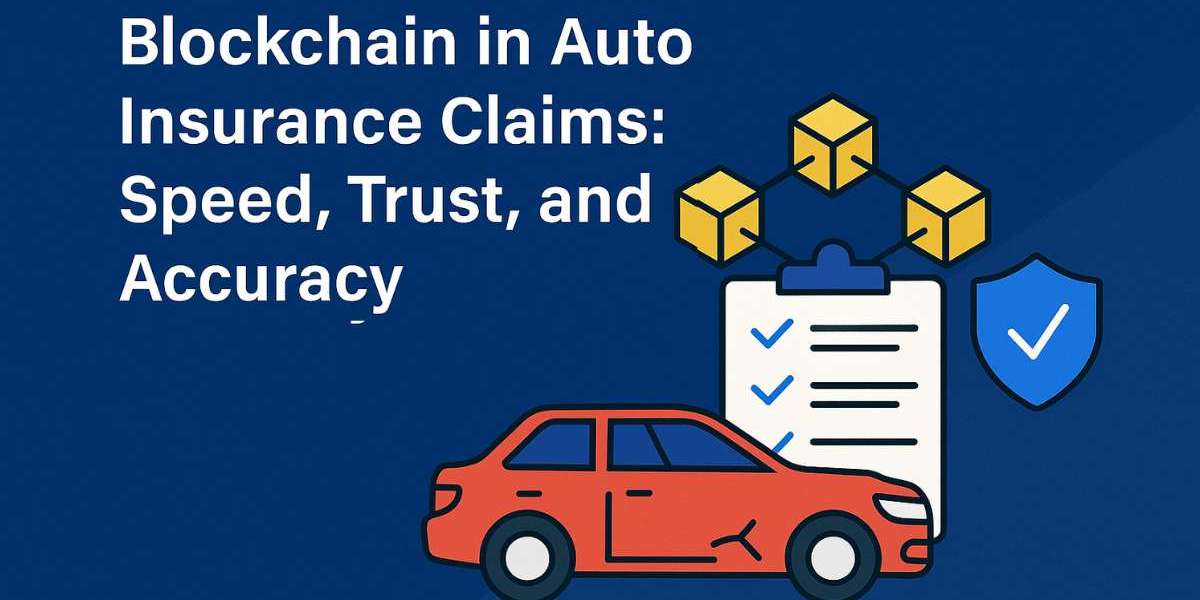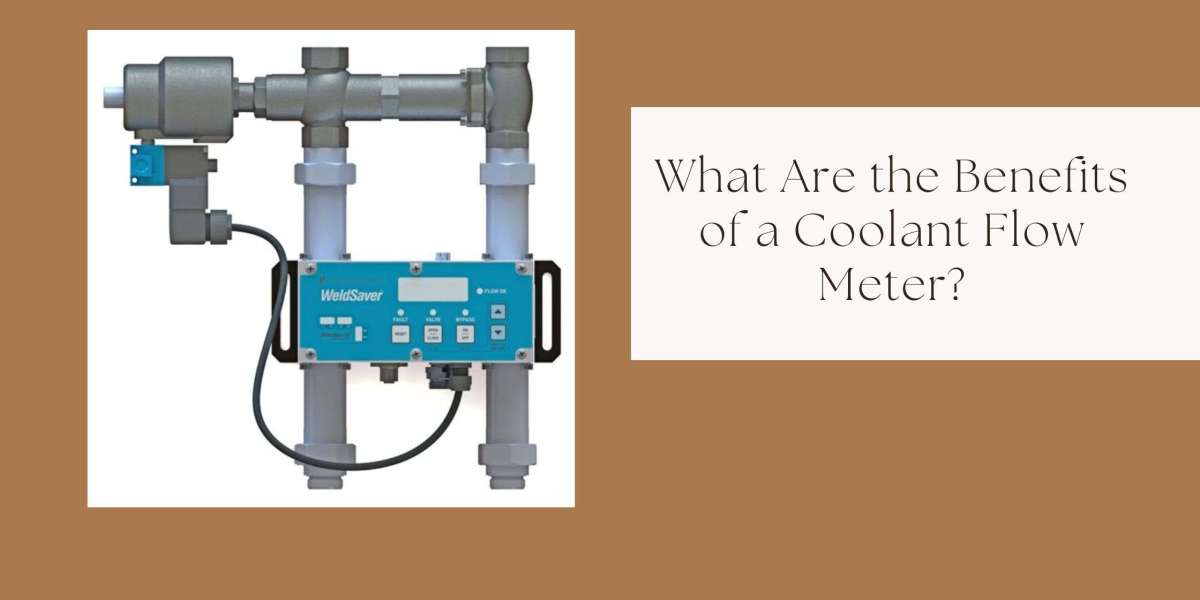In Australia, superannuation is one of the main parts of an employee’s salary package. It is required by law for employers to put money into their employees’ super funds regularly. Not following tax obligations can result in problems such as being charged by the ATO for penalties and interest.
Superannuation accounting ensures that all contributions are calculated, recorded, and reported correctly. Some business owners, mainly those who run small and medium companies, are unaware of these errors. Making these mistakes might cause the company to break rules, lose money, or be examined by an auditor.
In this blog, we will look at the most common superannuation accounting mistakes that attract ATO penalties—and how to avoid them.
1. Missing Superannuation Payment Deadlines
Many people face difficulty and extra charges because they don’t meet quarterly superannuation payments. It is important for employers to pay super at least four times every financial year. You must follow the due dates which are 28 days from the end of every quarter.
If a payment is even one day late, the employer is required to lodge a Superannuation Guarantee Charge (SGC) statement and pay the SGC, which includes:
- The unpaid super
- Interest on the unpaid amount (10% per annum)
- An administration fee
These charges are not tax-deductible, and late payments can quickly add up.
How to avoid it:
Set calendar reminders or use payroll software that automatically tracks and alerts you about due dates.
2. Incorrect Superannuation Calculations
In 2024–2025, it is necessary to calculate super at 11% of a person’s ordinary earnings. A wrong calculation can lead to lower payments, and this can result in getting fined and charged interest.
Some common errors include:
- Excluding allowances that should be included in ordinary time earnings
- Misclassifying contractors or casual workers
- Applying the wrong rate or using old rates
How to avoid it:
Ensure that your software includes the right rates by updating it and checking each employee’s earnings classification on a regular basis.
3. Not Making Super Payments for Eligible Contractors
Some employers believe that super only has to be paid for those who work full-time or part-time. This is wrong. Being paid mainly for your labour, instead of your business services, could treat a contractor as an employee.
If businesses fail to put super money aside for eligible contractors, they might face ATO charges, back payments, and a drop in how others see their reputation.
How to avoid it:
Check the ATO’s guidelines to determine whether a contractor should be classified as an employee for super purposes. If in doubt, seek professional advice.
4. Incorrect Super Fund Details
Incorrect fund selection and using out-of-date member records may stop the payments and keep the business from complying. Many times, this happens when workers forget to tell their employer about switching funds.
Even when payment was sent on time, the ATO can consider it unpaid if it was mistakenly not sent to the correct fund.
How to avoid it:
Always confirm employee fund details when onboarding new staff and periodically review them. Encourage employees to update their information when needed.
5. Failing to Use SuperStream
All superannuation and employee information must be submitted through the required computerised system called SuperStream. All clearinghouse or software-based payments here must come through proper channels.
Using paper or manual ways to transfer money can lead to non-compliance and might draw the attention of the ATO.
How to avoid it:
Ensure your payroll system or accounting software is SuperStream-compliant. Most modern platforms offer automatic compliance, but it’s always best to double-check.
6. Not Reporting Super Contributions Correctly
If you pay your people correctly but don’t enter the details accurately in your records or on their payslips, it may cause problems. For transparency and tracking purposes, employers have to provide accurate and clear records of super contributions.
Alternative reporting strategies that are unclear or keep changing may result in an ATO review or audit.
How to avoid it:
Make sure each payslip shows the amount of super paid, the date, and the fund details. Reconcile your accounts regularly to match payroll records with payment receipts.
7. Ignoring Superannuation Guarantee Notices
When the ATO believes underpayment or late payment took place, they may mail a Superannuation Guarantee notice to the affected business. Falling behind and not responding before the due date can cause more penalties and even additional lawsuits.
How to avoid it:
Always take ATO communication seriously. Respond promptly, provide required documentation, and seek assistance if needed. Early action can prevent additional fines.
8. Incorrectly Handling Missed Payments
There are employers who attend to missed super payments without filing the necessary statement. Even though it can be easy, the ATO needs both payment and an official report.
Failing to pay on time and not submitting an SGC form will still mean you are not in line with the rules.
How to avoid it:
If you miss a deadline, always lodge an SGC statement, even if you’ve already made the payment. This ensures transparency and reduces the risk of further penalties.
9. Assuming Small Payments Can Be Delayed
It might seem harmless to delay super payments for casual employees or those with low hours, but the ATO treats all missed payments the same way. Even small unpaid amounts can trigger the need to submit an SGC form and face penalties.
How to avoid it:
When it comes to superannuation, all employees should be treated similarly. Automate payments to avoid missing small amounts that can cause large problems.
10. Not Keeping Proper Records
Superannuation accounting requires proper documentation. The ATO expects employers to keep detailed records of:
- Super payments
- Fund details
- Employee classifications
- Payment dates
- Contribution amounts
Failure to maintain clear records can lead to issues during audits or reviews.
How to avoid it:
Store all super-related records securely for at least five years. Use cloud-based systems to ensure data is backed up and easily accessible.
Keep your files organised, make the most of helpful tools, and always look over all of your responsibilities before you act. If you are unsure, ask a qualified expert who knows about the ATO’s latest rules. Superannuation is an obligation, not only a requirement to follow regulations. If you do it correctly, you won’t face any penalties and you’ll earn your team’s trust.


